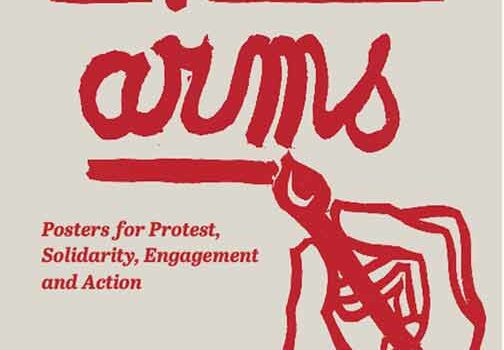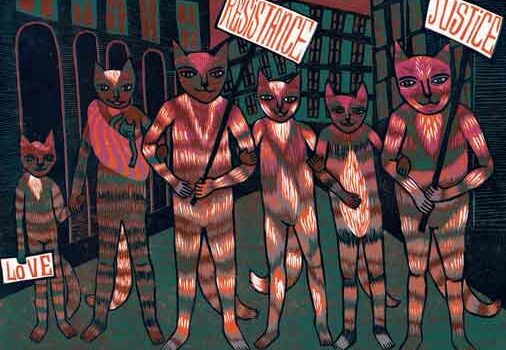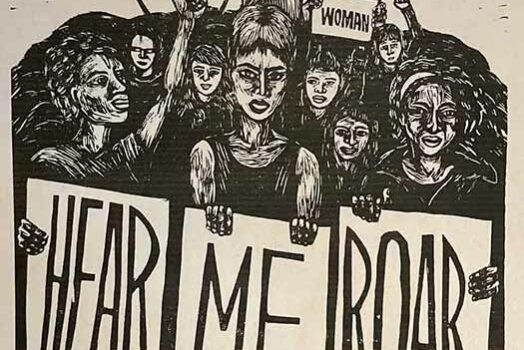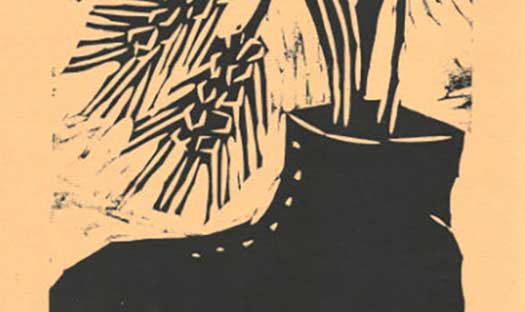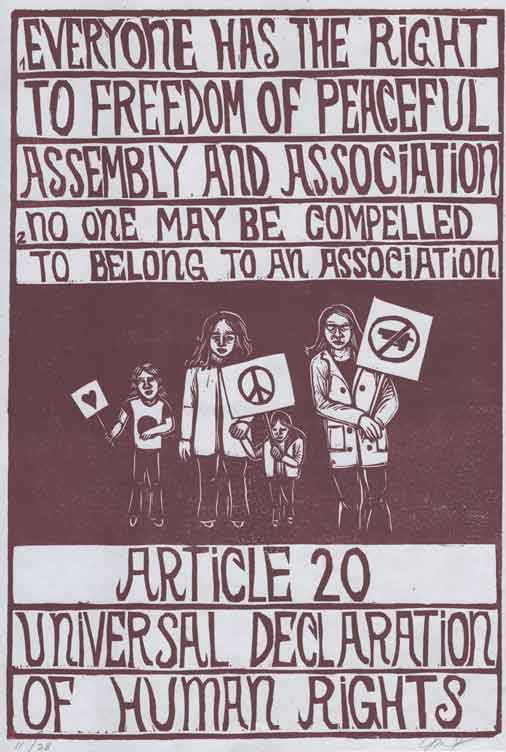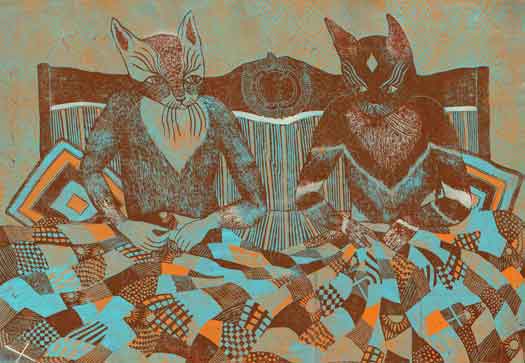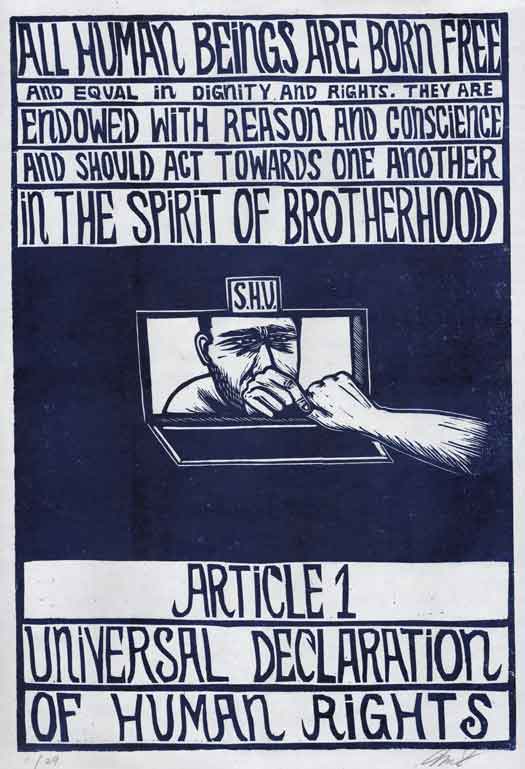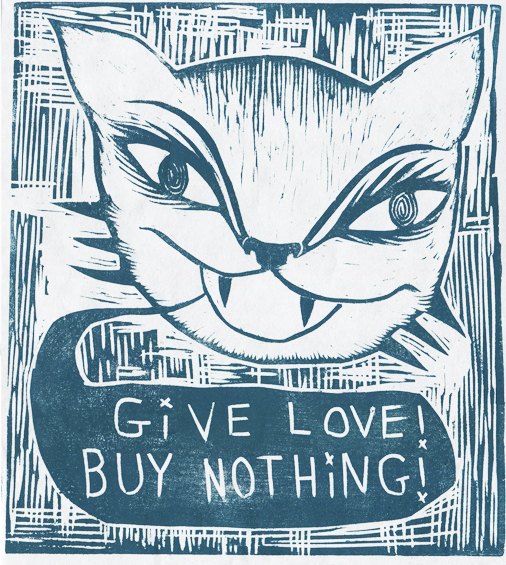“We don’t cross borders; borders cross us” is a 12 poster series organized by the Cross Border Collective. The objective of the posters is to invite an engaged audience to consider a series of propositions about the Australian border, labor, race and incarceration.
You can check out the entire project HERE.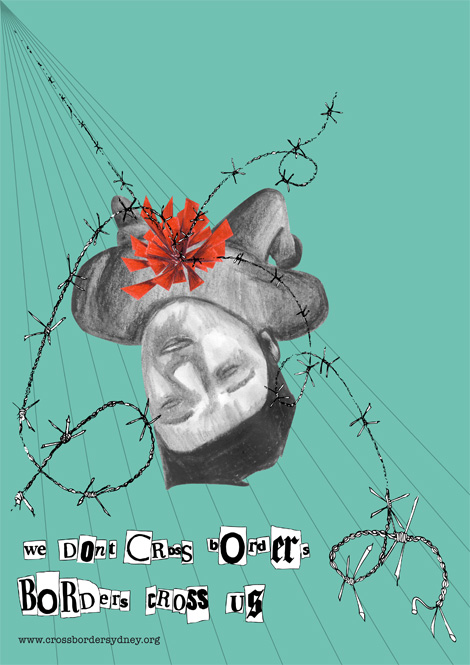
Poster design: Judita Invisible
The poster series aims to show that the Australian border is not a natural or inevitable thing. They explore the fact that the border is artificial, confront common assumptions about border-crossers, and consider how the border manages peoples’ movements to benefit industry and the state. Many individuals and groups have collaborated in the development of these posters – they are drawn from networks active through art, politics and advocacy in resistance to the effects of the border on people’s lives.
The ever present question in projects that engage with migration and borders is – who has the right to determine who should be allowed to come within Australia? The simple answer is that the Australian government has the legal and institutional power to control Australian borders. The fuller answer is that the Australian government’s present day power rests on the violent invasion, dispossession and colonisation of indigenous Australia. Sovereignty over Australia was never ceded by indigenous Australians and the legitimacy of white Australian sovereignty remains contested. In this essential way, any discussion about Australian border politics and the violent bordering of migrants and refugees, must start with how the colonisation of Australia constructed the border through violence against indigenous Australians.
The border is more than just a geographical line. It is better understood as a practice of bureaucratic decision making that is performed both within and outside Australia. The border constructs access to rights and entitlements, and bases its legitimacy on principles derived from nation-state sovereignty. More specifically the sovereign right over territory, to police borders, to confer nationality, to admit and expel foreigners, and to act for ‘national security’.
The ongoing effects of colonisation mean that despite legal citizenship, indigenous Australians remain excluded from its full rights and benefits – partly through the actions of ‘everyday’ policing and imprisonment. Prison time, itself the outcome of systemic colonial violence, restricts everyday movement, and also severely restricts future travel. The colonial capture and concentration of land and resources into the hands of the few, and the prisons and policing that protect and maintain this state of affairs — these exclusions are woven into the same net as the detention centre and the border patrol boats. Sometimes prisons are even run by the same companies that run detention centres. This is why we believe that tearing down immigration detention requires the tearing down of all prisons.
The posters series aims to show that those locked up at the border are real and complex individuals. It diminishes all of us to reduce their hopes, desires, resistance and capitulations to one-dimensional caricatures of ‘genuine refugees’. It is not our place to pass judgement on which circumstances justify movement and which do not. To do so replicates and legitimises government rhetoric along the lines that, ‘we will decide who comes here and the circumstances in which they come’. The end result is that only silent, apolitical, and compliant representations of ‘victimhood’ are permitted to legitimately cross borders. Representations of ‘victimhood’ are also utilised to legitimise over policing of some migrants, such as migrant sex workers. Effective opposition to this logic must start from the principle of self-determination. Resistance to mandatory detention has been led by those incarcerated — it’s from their courage and determination that we on the outside draw our inspiration. Ultimately, our freedom is bound up with theirs. We need to find ways of acting in solidarity. We cannot be saviours.
Often the people ‘let in’ by the border are exploited in low paid work; pay exorbitant amounts to enter the bottom of an overinflated housing market; pay massive fees for substandard education; are denied the protections of privileged citizenship; and are heavily policed to ensure that they ‘play by the rules’. Racism and exploitation of migrant workers only makes it easier for us all to be exploited. Acting in solidarity with migrant workers, international students and the young migrant poor is to struggle against the border.
The poster series seeks to interrupt the notion that ‘people smugglers’ are the source of violence and danger at the border. Many of those involved in transporting people to Australia by boat are drawn from communities in Indonesia that have seen their local economies undermined and exploited by the globalisation of market economies. By criminalising and policing movement, the Australian state forces people into more precarious and clandestine modes of travel. This violent imposition of the border is what creates risk – not the poor Indonesian fishing boat crews that attempt to cross it. The construction of the figure of the evil, profiteering people-smuggler is essential for the construction and policing of Australia’s border. If we capitulate to this logic, we cannot effectively resist the border policing regime that makes these journeys so dangerous.
We hope that the ideas in these posters become a part of conversations about what it means to resist mandatory detention and the imposition of borders across our lives. We hope that these conversations enable our resistances to be engaged and strong, and leave no one behind.
This poster series has been made possible by a $4000 grant from Marrickville City Council, which has gone towards the printing costs of the posters, as well as the generous collaboration of people involved in diverse but intersecting campaigns. If you want to learn more about these posters, or if you would like to collaborate with the Cross Border Collective you can find us at www.crossbordersydney.org or contact us at crossborder.sydney@gmail.com
